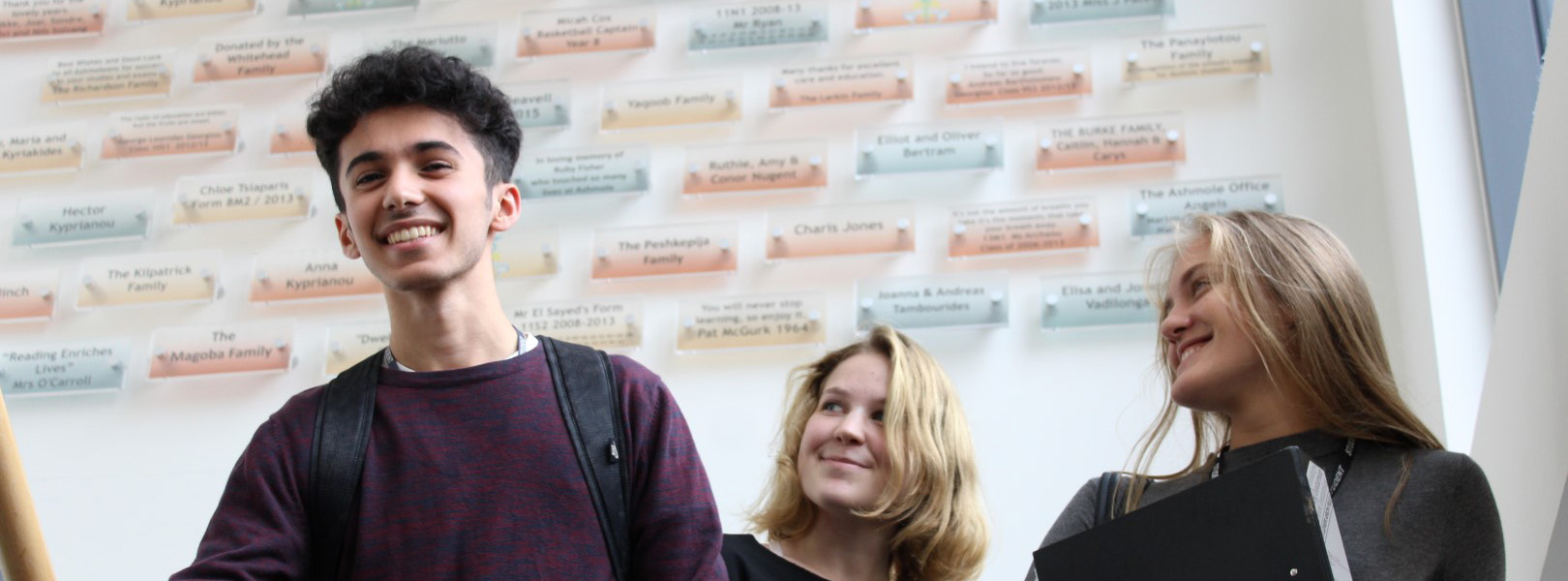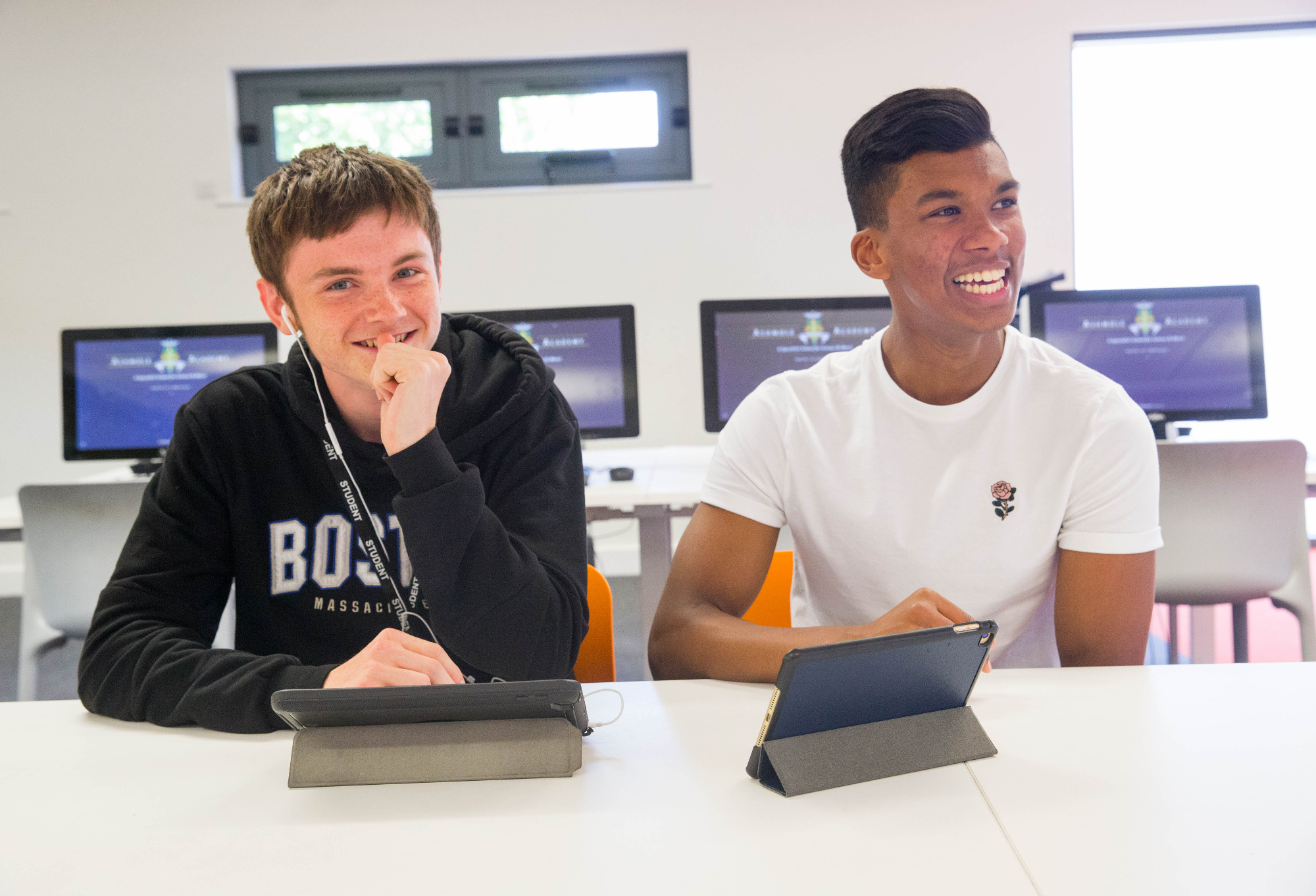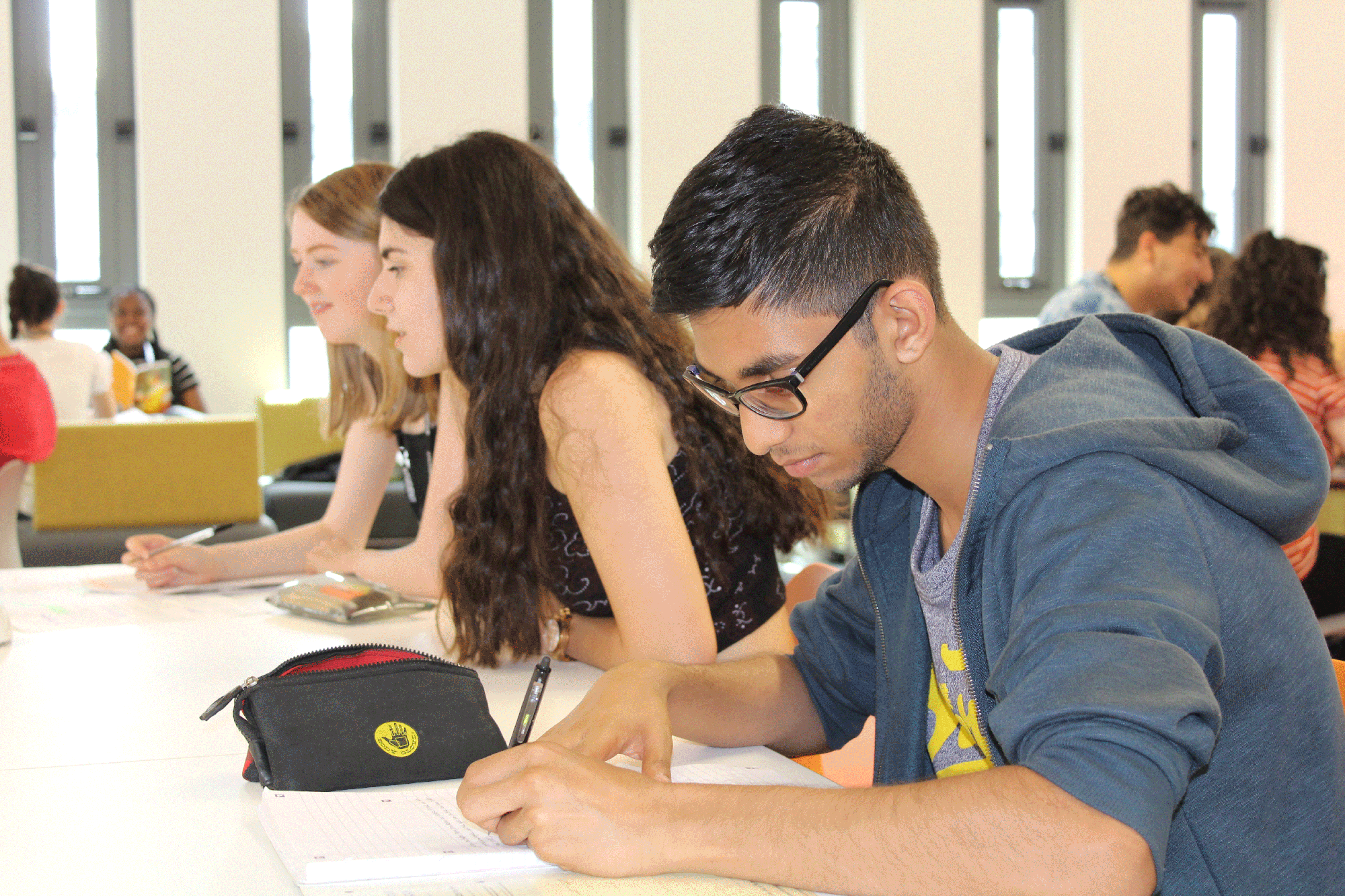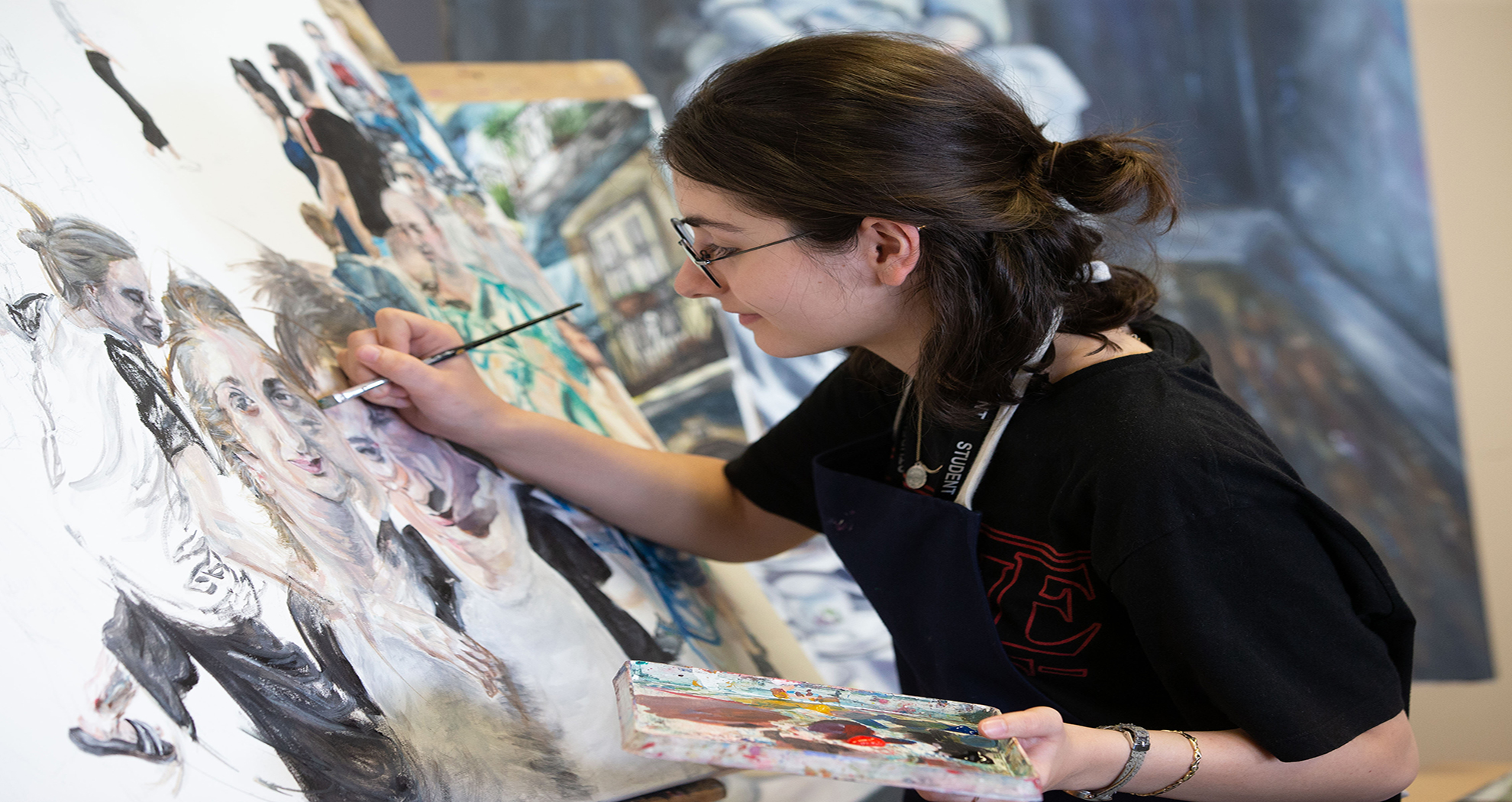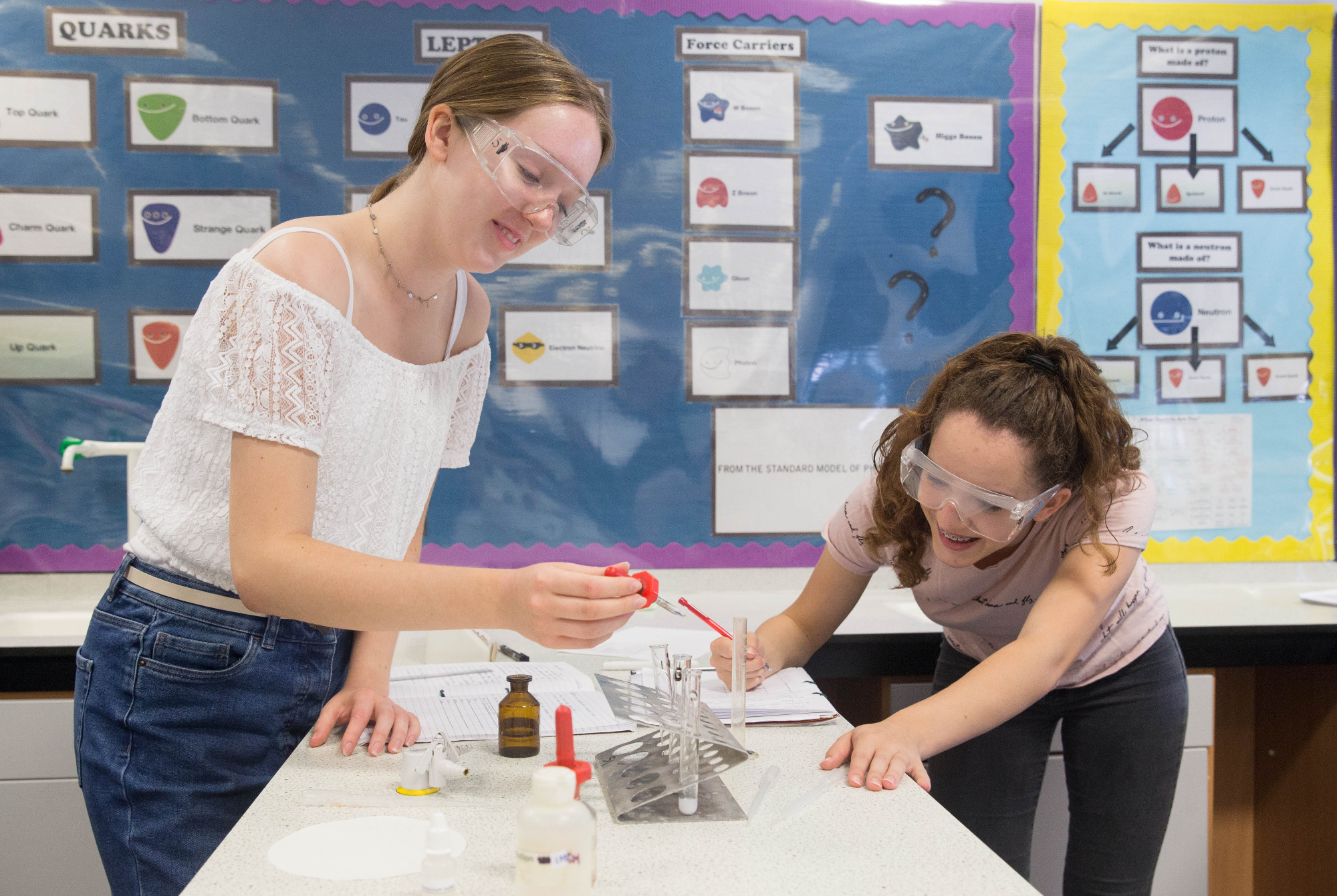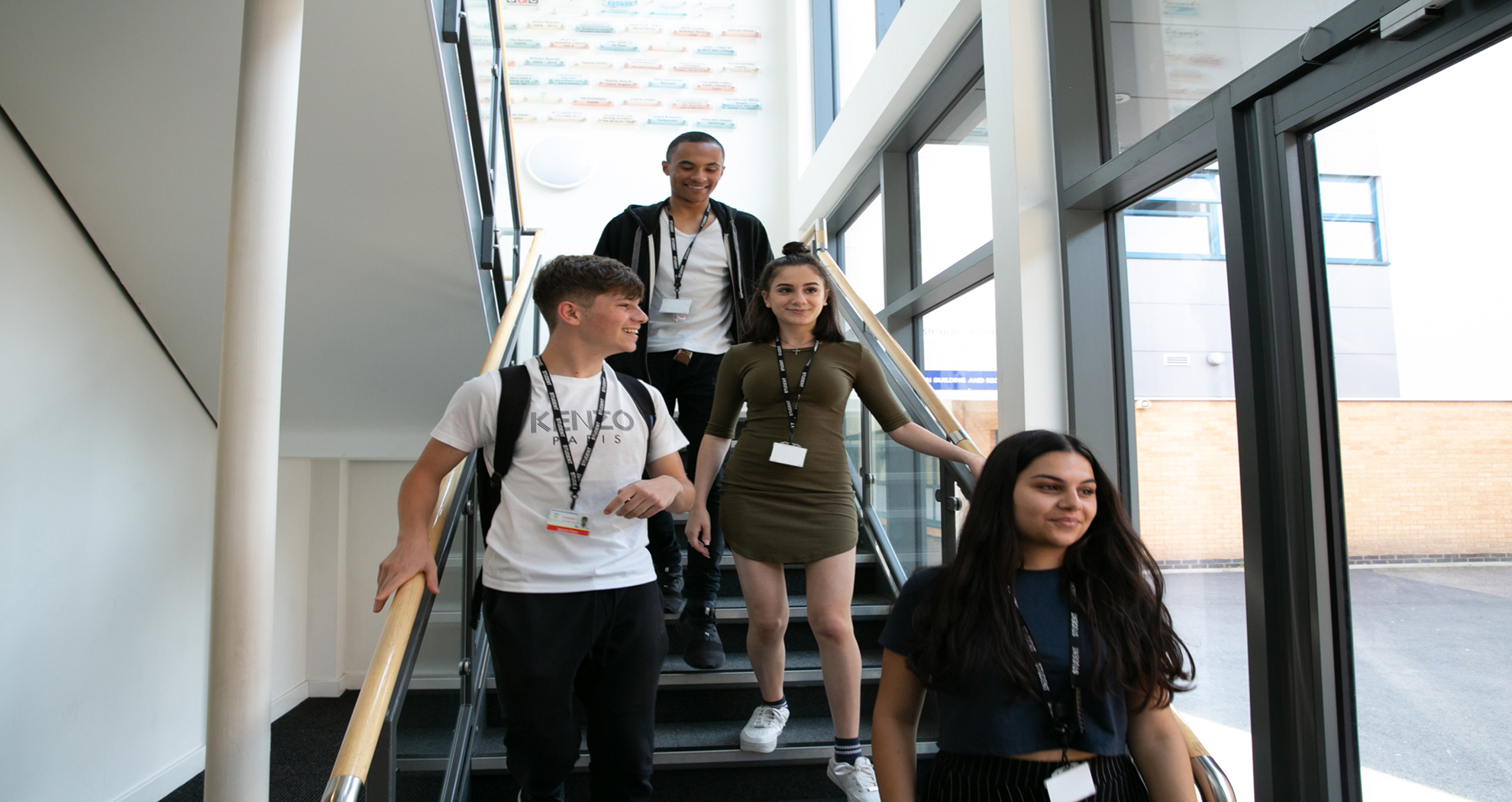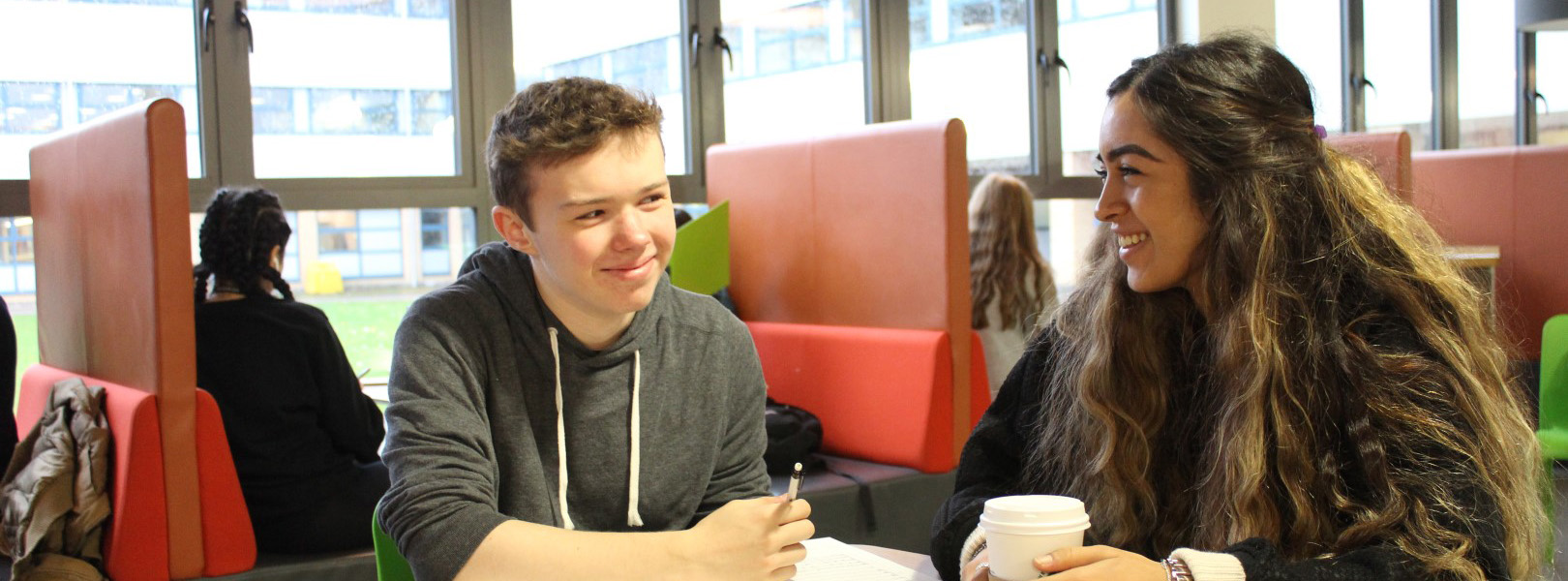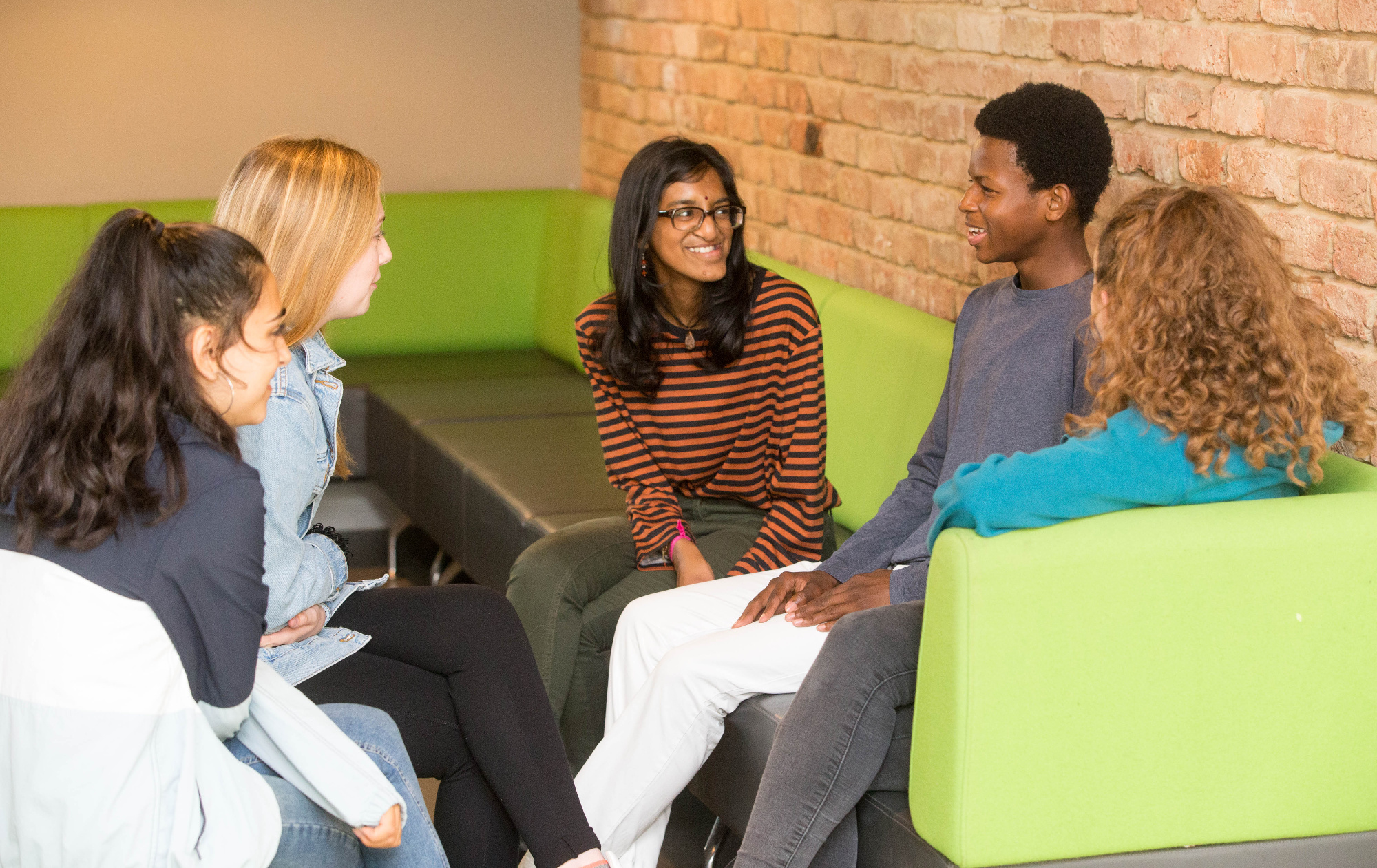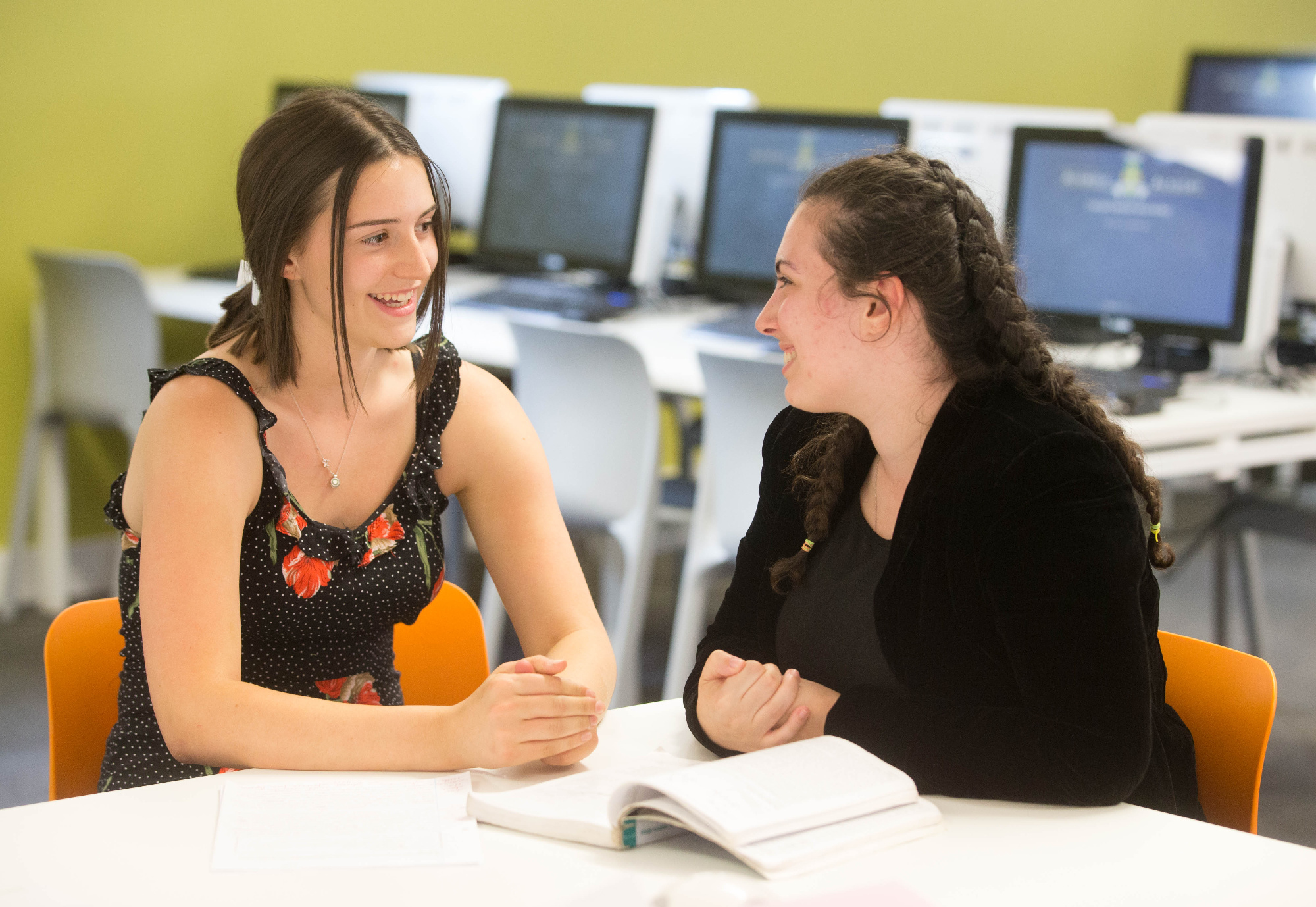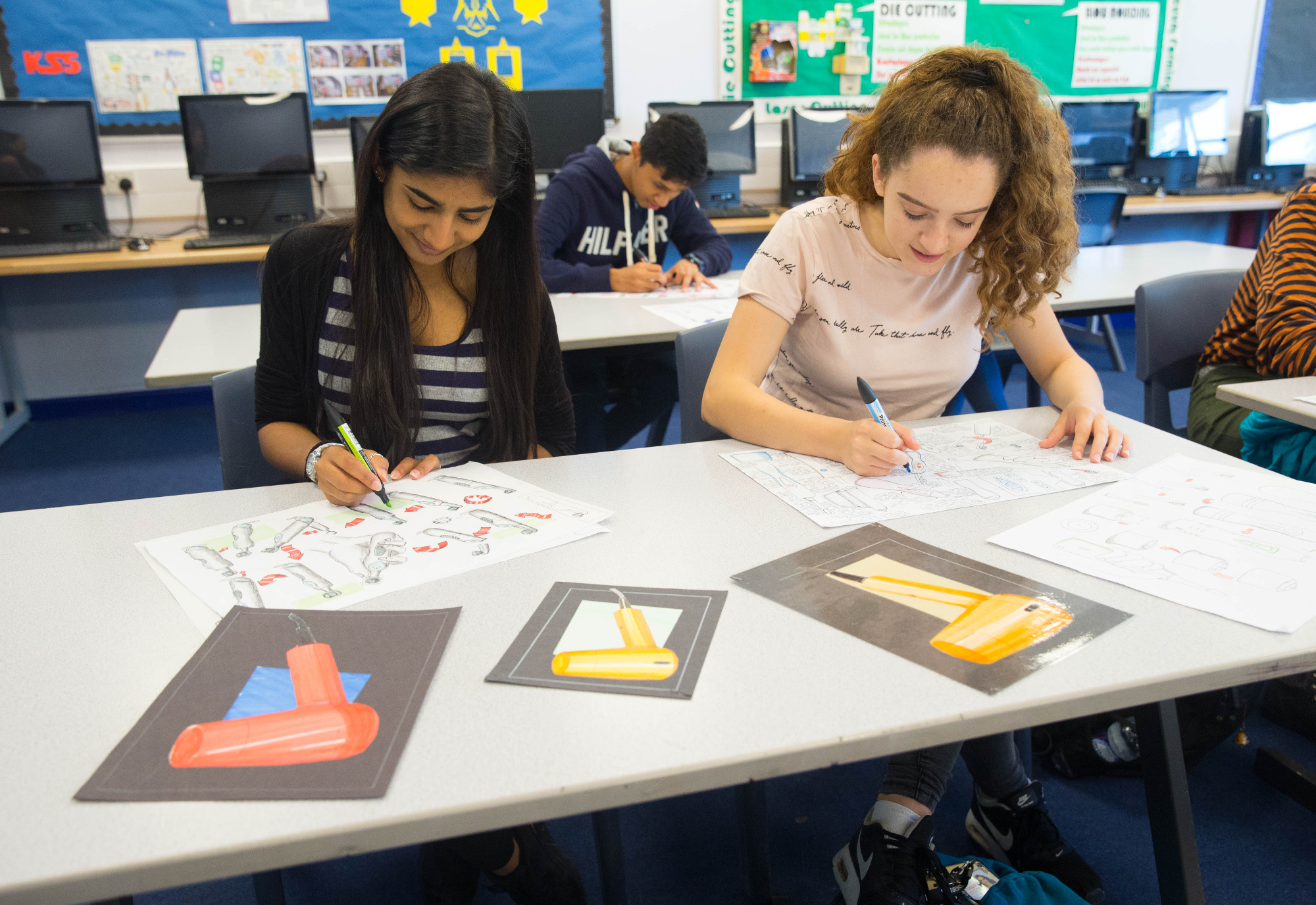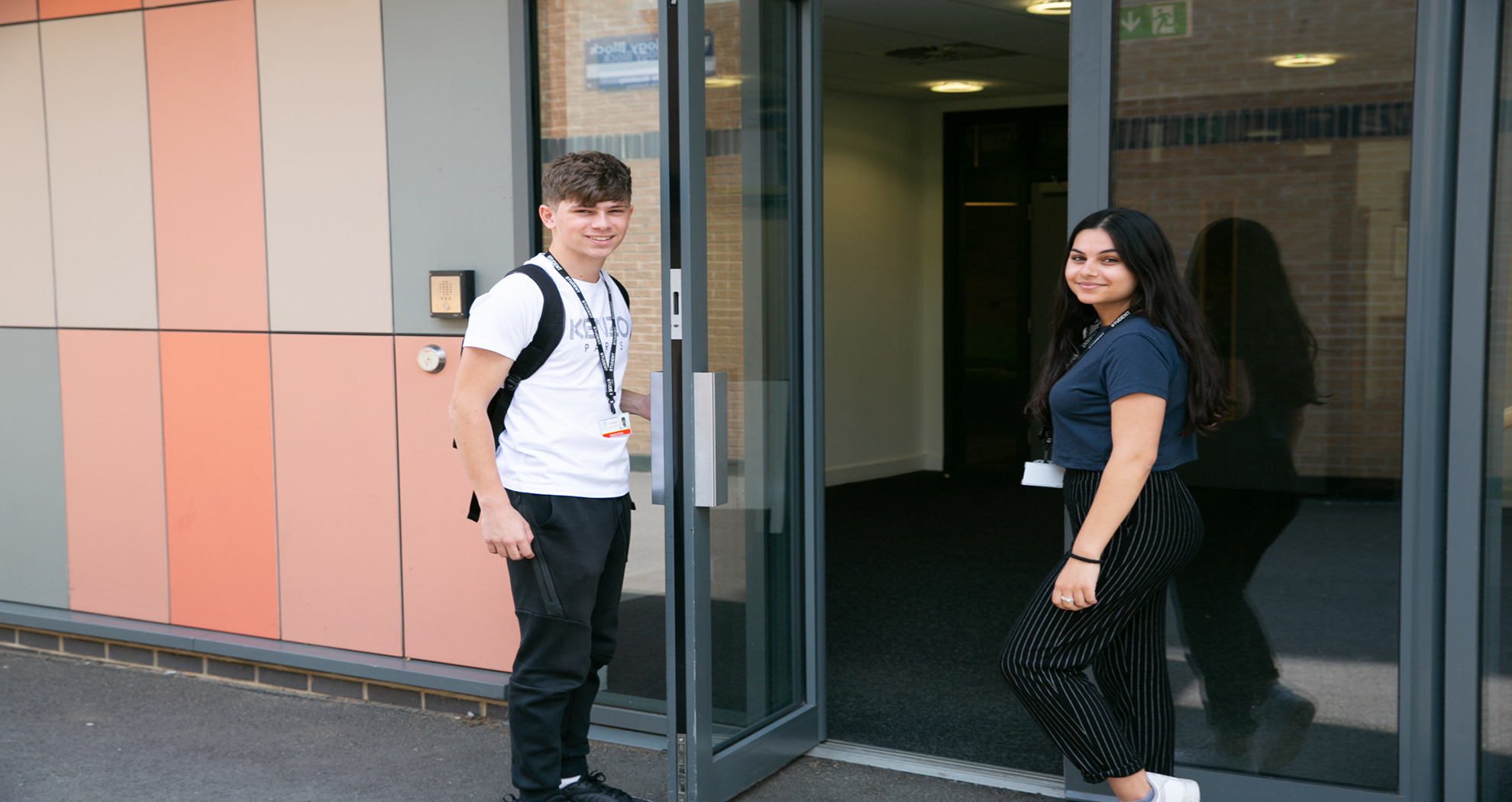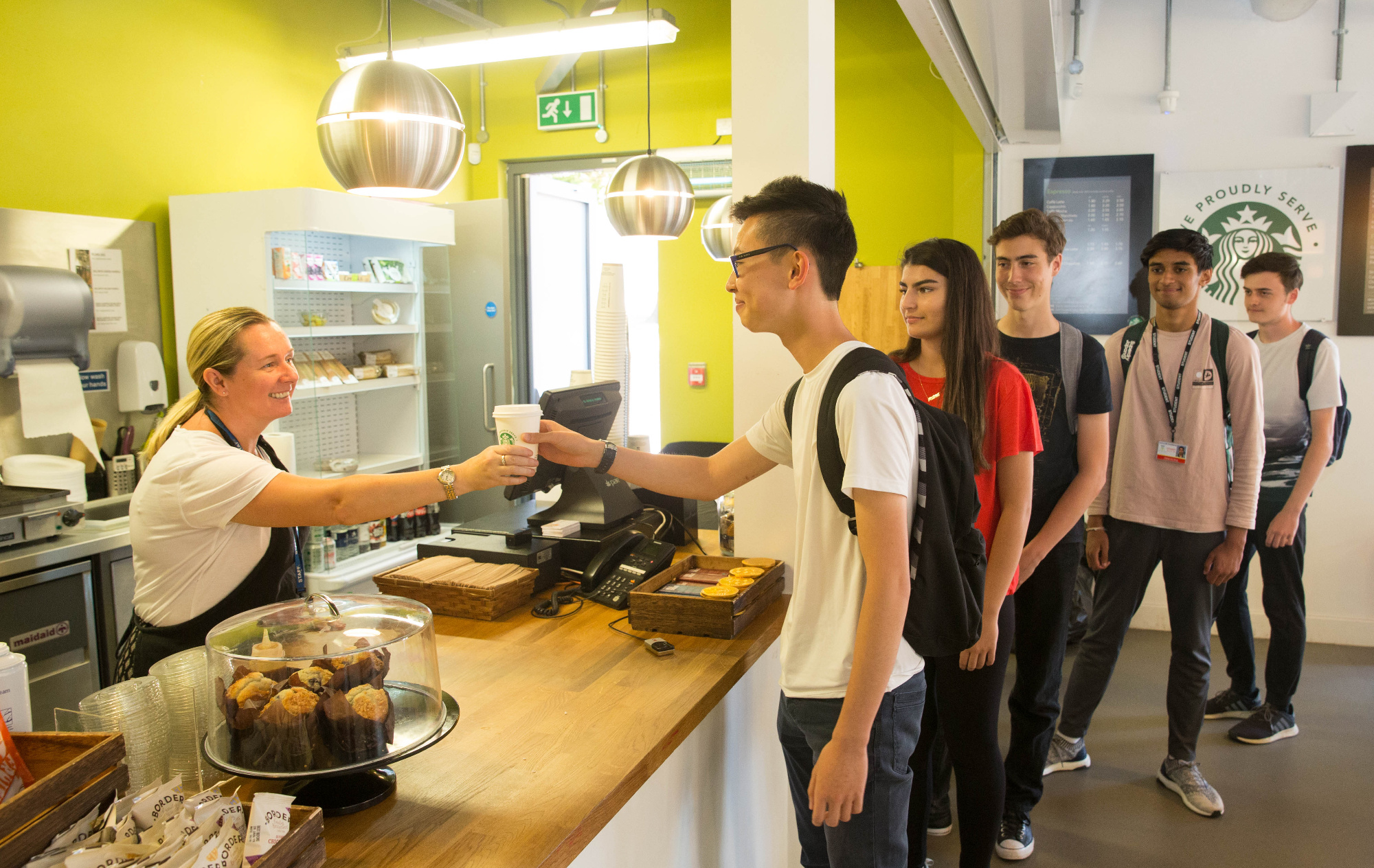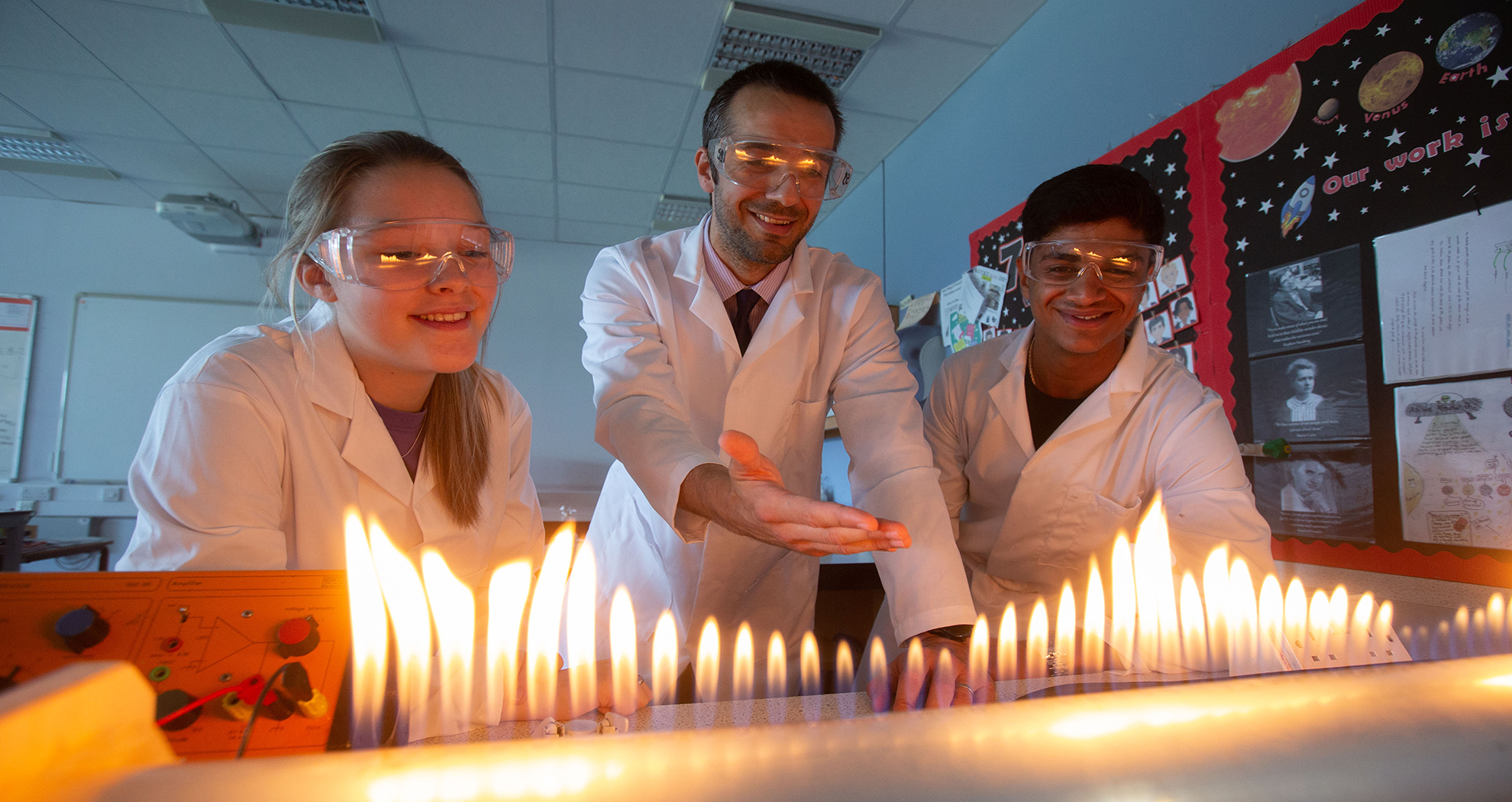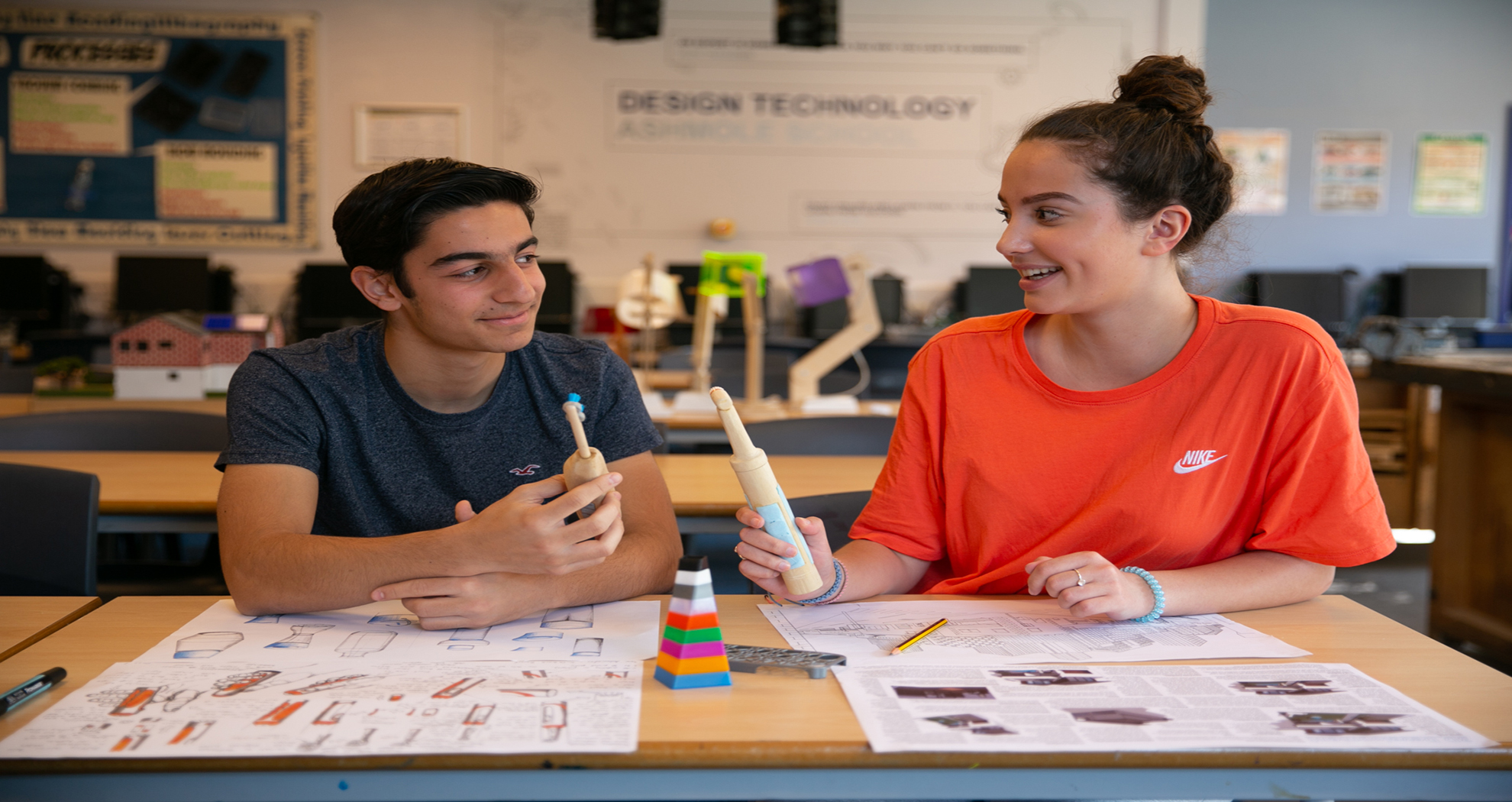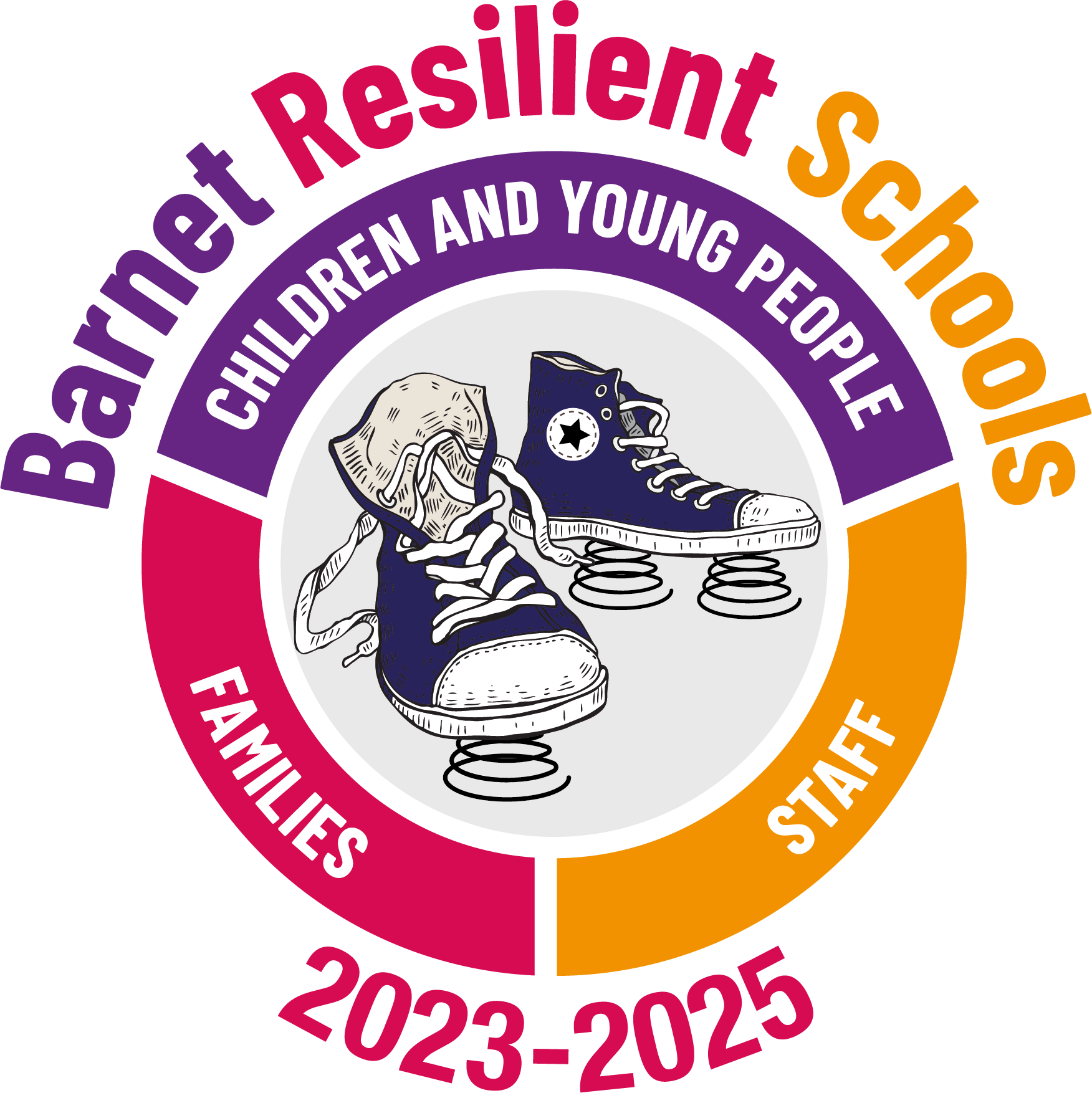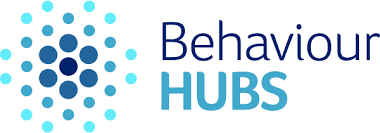Computer Science
Why Choose Computer Science?
Computers are everywhere in our lives. Technology driven by computers has seen the emergence of social media, smart phones and wireless communication, as well as advances in fields ranging from medicine to the automotive industry and from parking meters to artificial intelligence in computer games. Computing is changing our lives to an extent where those who are not part of this revolution could be left behind in the future marketplace of jobs. It is perceivable that there will be an even greater number of educational and employment opportunities based around this sector and that a greater number of undergraduate courses will incorporate elements of coding into their study.
As the scope of application of computing based solutions is limitless, computer scientists can work in just about every type of workplace. Problems in science, engineering, healthcare, and so many other areas can be solved by computers. It is up to the computer scientist to figure out how, and design the software to apply the solution.
What will you learn?
During the first year of the course you will develop a range of skills that can be applied in the computing practical project. The theory behind Computer Science will build upon concepts covered throughout the GCSE course. The topics covered include: data types and structures, aspects of software development, abstraction & decomposition, data representation, hardware and software, computer organisation and architecture.
During the second year, students will study topics including: the consequences of the uses of computing, communication and networking, databases, Big Data, functional programming and systematic approaches to problem solving.
There is a significant emphasis on practical approaches to developing and testing algorithms written in code. The computing practical project allows students to develop their practical skills. Students have the opportunity to work independently on a problem of interest over an extended period, during which they can extend their programming skills and deepen their understanding of computer science.
Why study Computer Science at Ashmole Sixth Form?
The Computer Science course is taught in cluster rooms that provide ample access to computing facilities. Students will also be able to look inside different forms of hardware studied within the A Level course, such as motherboards, storage devices, additional ports, routers and networking devices.
Staff will be able to provide one-to-one assistance beyond lesson times. Regular drop-in sessions are also held for sixth form students. The text books and periodicals stored in the library as well as the computing facilities in the sixth form study centre will also be invaluable to students. Access is given throughout the course to an online digital resource which accompanies the course. This contains a digital text book as well as additional resources developed for the course.
Which subjects go well with Computer Science?
The subject is well suited for study with all others. For students wishing to study Computer Science at undergraduate level, Mathematics, Physics and Further Mathematics complement the subject well.
Depending on future aspirations, students should consider taking two other facilitating subjects from those offered at Ashmole Academy: Biology, Chemistry, English Literature, French, Geography, History, Mathematics & Further Mathematics and Spanish.
Where it will lead you?
Problem solving, analysis and computational thinking are highly regarded and highly sought after transferrable skills in every field – be it in computing, law, management or finance to name a few.
Studying computing can take you down a number of different paths and many of these allow you to have a positive impact on lives in general. Computer technology is utilised within areas such as the medical field, education, entertainment, architecture and even in security, so the opportunity to ultimately use your computer studies to bring something good to people are vast.
Directly related careers include jobs such as computer programmer, software developer, hardware engineer, systems analyst, IT architect, security analyst, nanotechnologist and IT consultant.
Click here for full details of entry requirements and course structure (link to information booklet)

